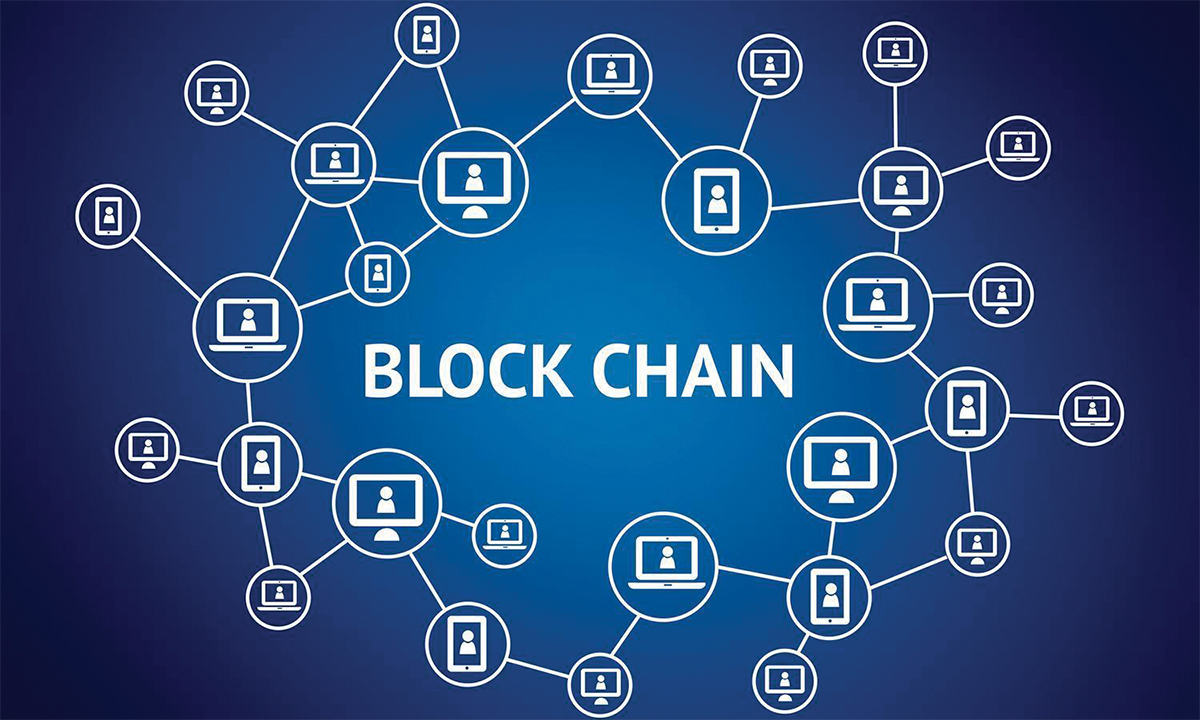What is Blockchain Technology and How is it Changing the World? | The Comprehensive Guide 2025

In recent years, Blockchain technology has become a password in the world of technology and finance, with experts comparing it to the internet revolution of the 1990s. But what exactly is blockchain? How does it work? And why is it said that it will change the way we deal with money, contracts, and even governments?
In this article, we will explain what blockchain technology is, how it works, its most important applications, and the enormous impacts it will have on our lives and the global economy.
What is Blockchain Technology?
Definition: Blockchain is a distributed ledger that stores transactions and data in blocks that are sequentially linked together in a chain.
Difference from traditional databases: It is not controlled by a single party, but is managed through a decentralized network of computers.
Key feature: Transparency, security, and immutability of data.
How Does Blockchain Work?
Transaction recording
A transaction (such as a money transfer or signing a smart contract) is entered into the network.
Verification across the network
The participating computers (Nodes) verify the validity of the transaction using complex algorithms.
Adding the transaction to a new block
Transactions are gathered into a "block" that contains their details and encryption.
Linking the block to the chain
After verification, the block is permanently and transparently added to the chain.
💡 Result: Data cannot be altered later, making blockchain more secure than traditional systems.
Applications of Blockchain Technology
1. Digital Currencies
The most famous example: Bitcoin and Ethereum.
They represent the foundation for decentralized digital payments.
2. Smart Contracts
Digital contracts that automatically execute when certain conditions are met.
They reduce the need for intermediaries and lawyers.
3. Supply Chains
Tracking products from the manufacturer to the consumer's hands.
Increased transparency and prevention of fraud.
4. Healthcare
Secure storage of medical records.
Enabling secure sharing between hospitals and doctors.
5. Electronic Voting
More secure and transparent voting systems.
Reducing manipulation in elections.
6. Digital Ownership (NFTs)
Proof of ownership of digital assets such as images and videos.
Opening new markets for digital art and games.
Benefits of Blockchain
Security: Difficulty in manipulation or hacking.
Transparency: All transactions are available to everyone on the network.
Efficiency: Eliminating intermediaries and reducing costs.
Trust: The system is based on collective verification rather than a single institution.
Challenges Facing Blockchain
Energy consumption in some networks like Bitcoin.
Legislation: Lack of clarity in laws in many countries.
Scalability: Difficulty in processing millions of transactions per second.
Widespread adoption: Needs time and user trust.
How is Blockchain Changing the World?
Money: Transitioning from the traditional banking system to a decentralized financial system (DeFi).
Governments: More transparent systems in voting and data management.
Business: Reducing costs by removing intermediaries.
Society: Empowering individuals to control their data and assets.
Conclusion
Blockchain technology is not just a tool for digital payments, but a technological revolution that will change the shape of the economy, politics, and business in the coming years. Thanks to its transparency and security, blockchain will become the backbone of a more just and efficient world.